It is something for most parents, and sometimes grandparents who are often the caregivers, to think about now that Spring Break is almost upon us. But first of all there are some preliminary questions to be considered:
- the weather
- who will be looking after the children?
- the ages of the children
Young Children
Children's play should be as spontaneous as often as possible instead of structured. This develops creativity and individuality. In all liklihood, if it is self-paced, it will be imaginative. As parents and grandparents, we can encourage, by our interest, a child's pride in his play. The play environment should have toys that encourage stimulation, i.e.: blocks, puzzles, art materials, play dough or plasticine, children's literature and music.
Children enjoy exploring a variety of new materials; substances that feel different such as sand and mud; materials of different textures and objects of different sizes and shapes. Children enjoy playing with flashlights and making shadows when possible. They also like looking for insects, watching people doing different types of work, collecting things from nature, i.e.: varieties of leaves, grasses, flowers, feathers, and shells. Magnets and timers are also interesting to them. Avoid colouring books and dot-to-dot exercises; they will definitely stifle creative imagination. Toy libraries are available for borrowing educational toys as well.
Play provides children with opportunities to better understand their world and to learn social, emotional and physical skills. During unstructured play, children become better equipped to solve problems and soon learn to become quite inventive. Children learn while they are playing; learning is much more fun when it is done in a play situation. They also learn how to cooperate and share and learn to better understand themselves and others. Allow choices whenever possible. Let children have fun getting messy and help them have fun cleaning up.
Children should be given notification of a time frame for ending play time instead of having the end sprung on them. They will be better able to accept that a play period is coming to an end if they have been made aware of it before hand.
L.K. Frank wrote:
"Play is the way a child learns what no one can teach him. It is the way he explores and orients himself to the actual world of space and time, of things, animals, structures and people. Play is a child's work."
Wednesday, March 4, 2009
Subscribe to:
Post Comments (Atom)























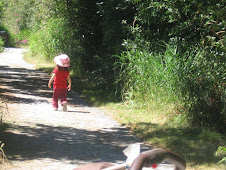

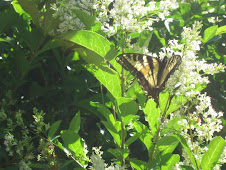

















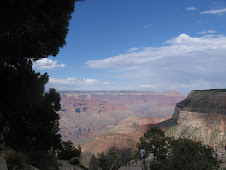
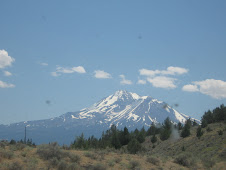

































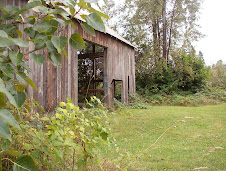




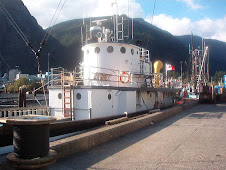

No comments:
Post a Comment